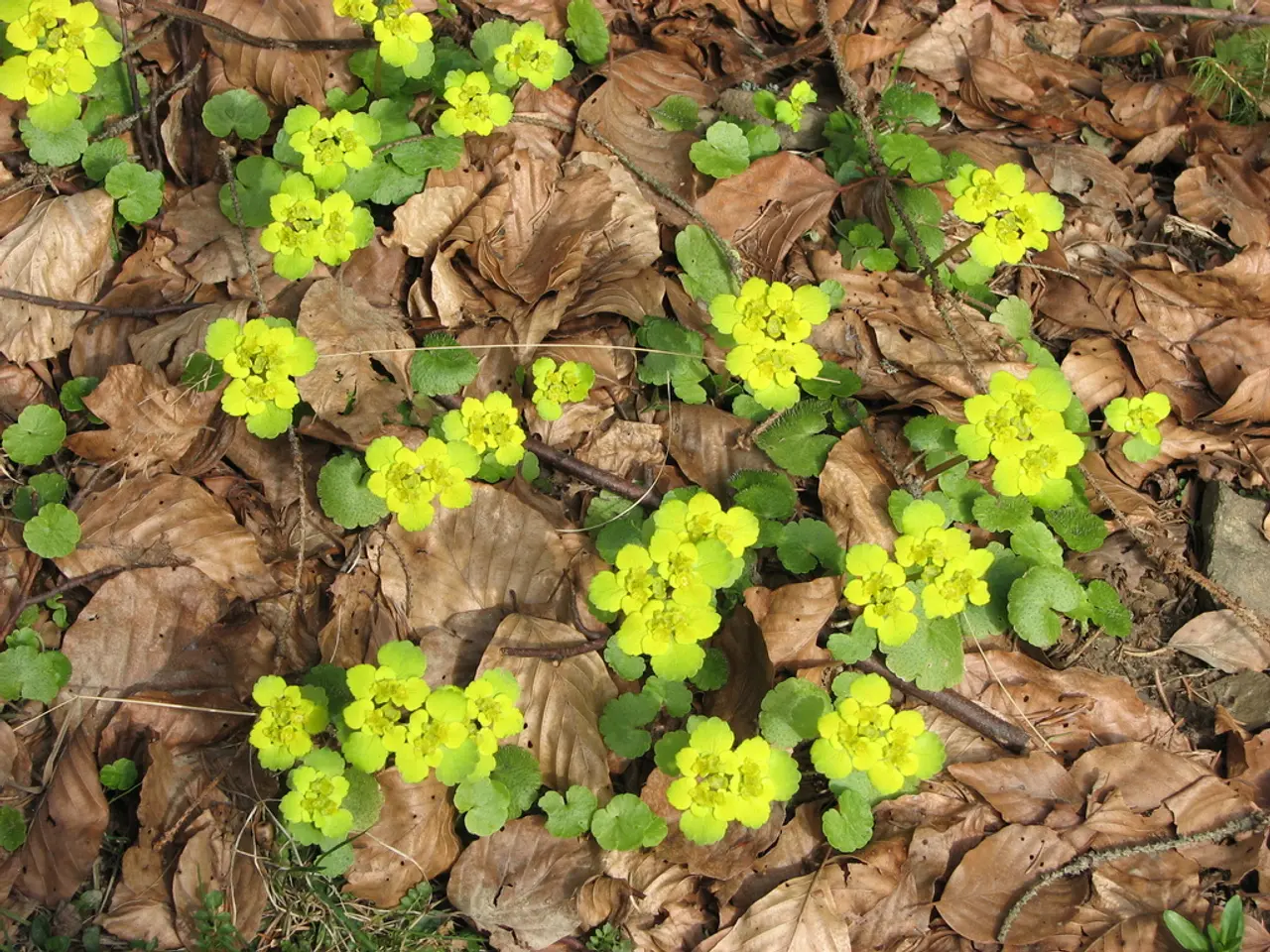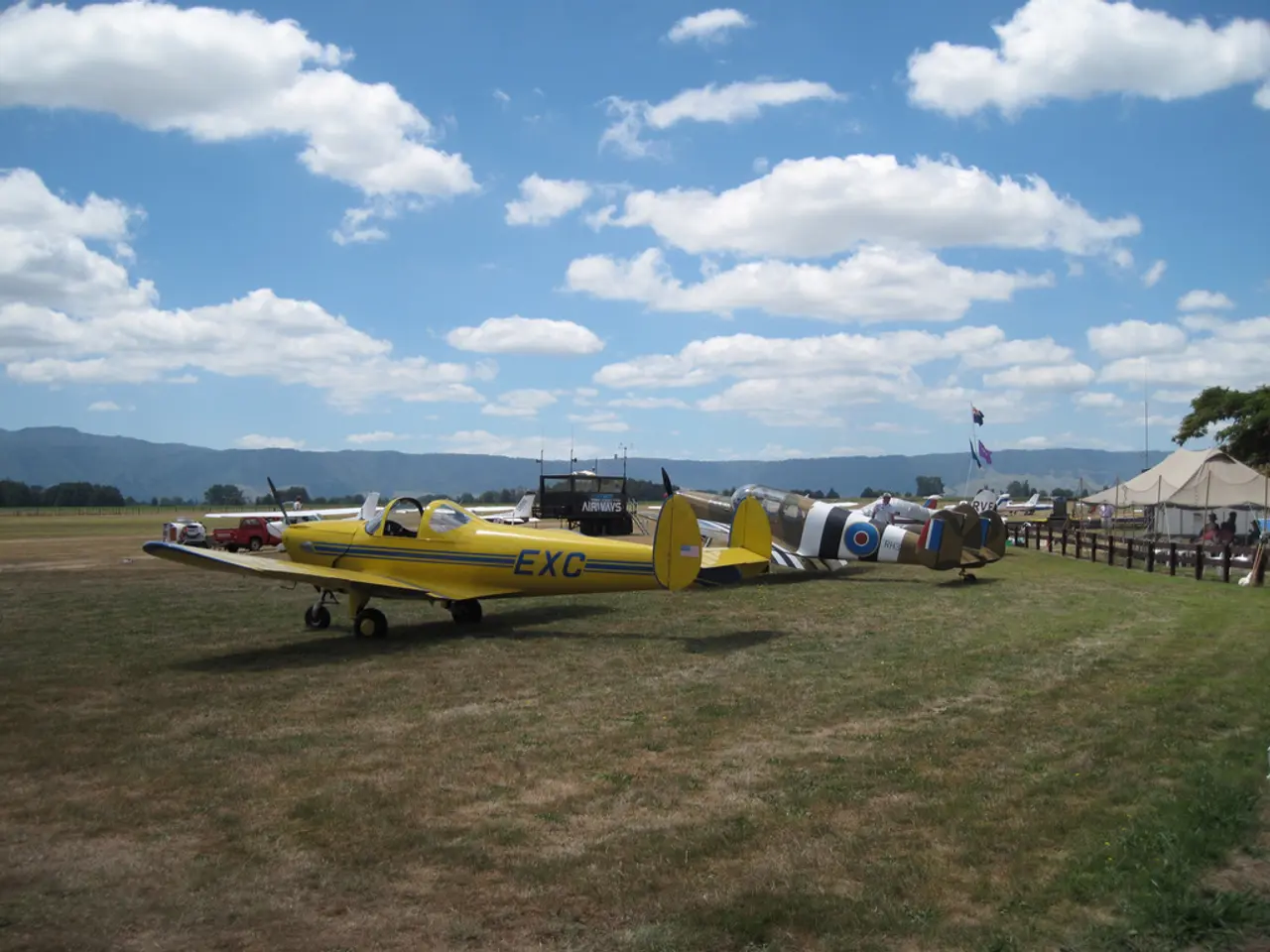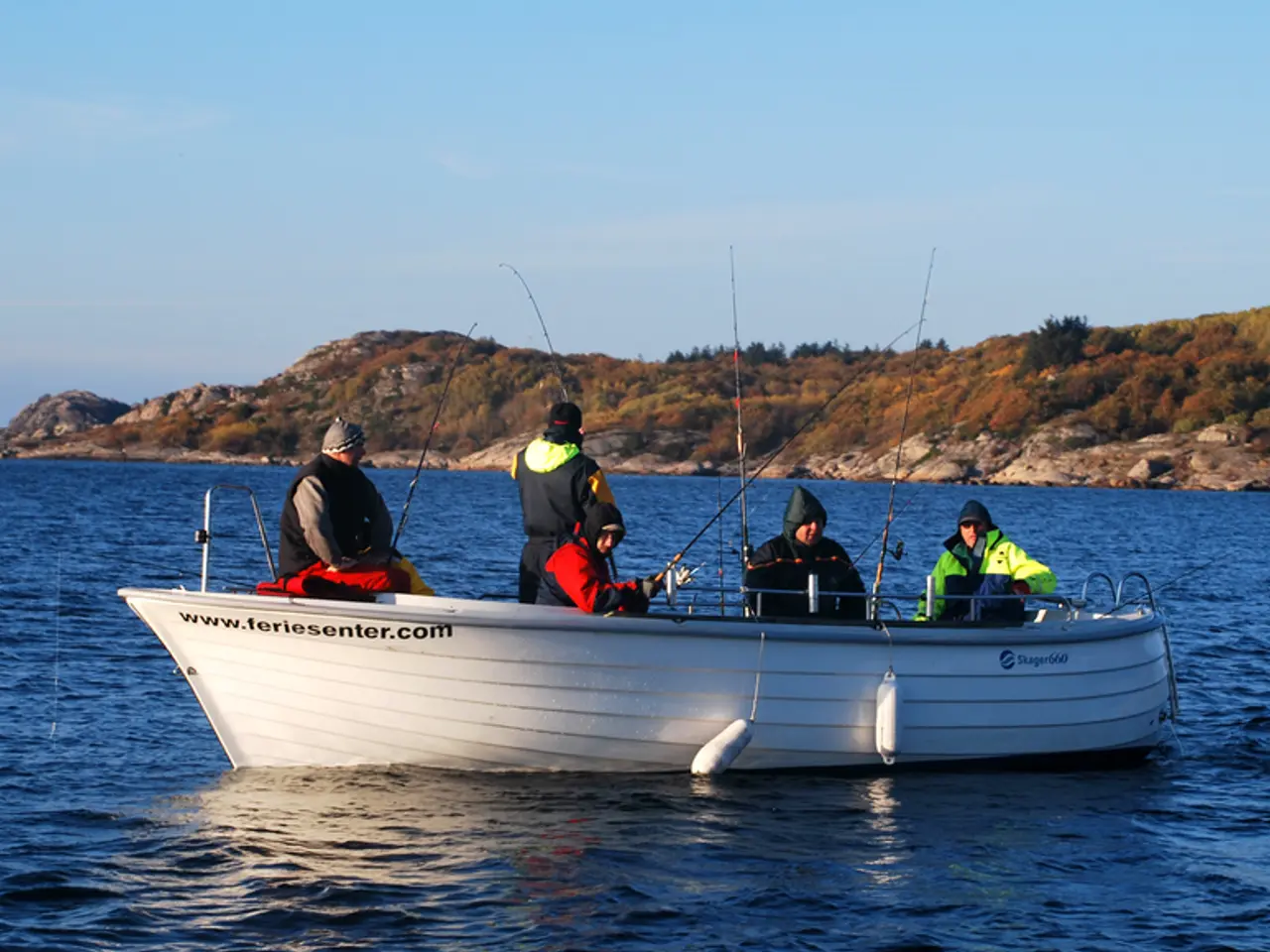Decision at COP16 marks a milestone: Indigenous groups and local communities secure permanent role in global biodiversity management
The Convention on Biological Diversity (CBD) has taken a significant step forward with the creation of the Permanent Subsidiary Body on Article 8(j) (SB8j). This new body, approved at COP16, is set to institutionalise a dedicated and permanent platform within the UN framework that recognises and supports the rights, knowledge, and contributions of Indigenous Peoples and local communities (IPLCs) in biodiversity policy and conservation efforts.
For over two decades, the International Indigenous Forum on Biodiversity (IIFB) has been participating in the CBD, advancing the rights of IPLCs and promoting their traditional practices in biodiversity conservation. The IIFB's relentless work has culminated in the establishment of the SB8j, a turning point in the history of multilateral environmental agreements.
Article 8(j) of the CBD refers to the traditional knowledge, innovations, and practices of IPLCs relevant to the conservation and sustainable use of biodiversity. The SB8j will provide a structured, continuous forum for IPLCs to influence international biodiversity targets and frameworks, including the new Global Biodiversity Framework. This will help integrate their perspectives and traditional knowledge more effectively into global policy.
The SB8j will recognise the rights of IPLCs, including their collective rights over traditional knowledge and natural resources, strengthening their claims and protections within biodiversity governance. It will also enhance collaboration and knowledge exchange between IPLCs and other stakeholders in biodiversity conservation, fostering mutual respect and culturally appropriate approaches.
Moreover, the SB8j will promote the development of specific programs of work and funding mechanisms related to IPLC contributions and rights. For instance, the Cali Fund mentioned in connection with the Kunming Biodiversity Framework could support Indigenous-led conservation initiatives.
Lakpa Nuri Sherpa, Co-President of the FIIB, concluded that COP16 was a 'people's COP', listening to the voices of those who care for and protect the last remaining biodiversity hotspots on the planet. The IIFB's Jeniffer Corpuz has committed to working on the modus operandi of the SB8J and ensuring that the new work program on Article 8j moves forward without delay.
Indigenous Peoples and local communities have been the guardians of nature, caring for and protecting biodiversity on their lands since time immemorial. The creation of the SB8j is a significant recognition of their vital contributions to the success of the Global Biodiversity Framework. The IIFB celebrates this historic step toward more inclusive and equitable biodiversity governance aligned with IPLC worldviews and interests.
- The establishment of the Permanent Subsidiary Body on Article 8(j) (SB8j) at COP16 is a landmark in environmental science, as it aims to create a platform within the United Nations for Indigenous Peoples and local communities (IPLCs) to influence climate-change and biodiversity policy and conservation efforts.
- The SB8j is a crucial development in the field of policy and legislation, as it will provide a structured forum for IPLCs to impact international biodiness targets and frameworks, such as the new Global Biodiversity Framework, enhancing the integration of their perspectives and traditional knowledge into global policy.
- The SB8j is a significant achievement in the general-news sphere, as it recognizes and supports the rights, knowledge, and contributions of IPLCs in biodiversity conservation, strengthening their claims and protections within biodiversity governance and fostering collaboration with other stakeholders.








